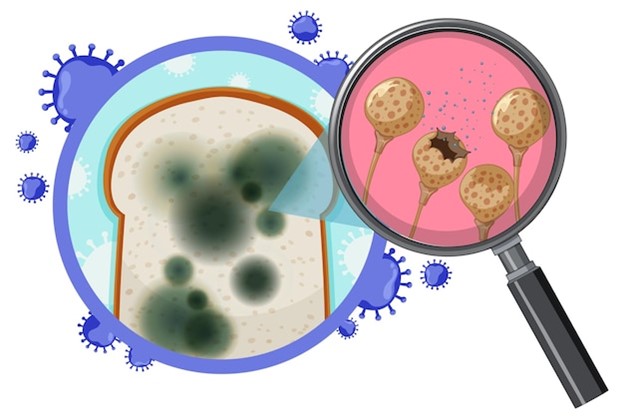Yeast infections, also known as vaginal candidiasis or thrush, are common fungal infections that affect many women at some point in their lives. They are caused by an overgrowth of the Candida fungus, specifically Candida albicans, in the vaginal area. Yeast infections can cause discomfort and disrupt daily activities, but with proper recognition and timely treatment, they can be effectively managed. It’s important to be able to recognize the symptoms of yeast infections in order to seek appropriate medical care. Here are some common signs and symptoms to watch out for:
- Itching and Irritation: One of the most common symptoms of a yeast infection is persistent itching and irritation in the vaginal area. The itching can range from mild to severe and may be accompanied by a burning sensation. The itching may worsen during activities such as urination or sexual intercourse.
- Abnormal Discharge: Yeast infections can cause changes in vaginal discharge. You may notice an increased amount of discharge that is thick, white, and cottage cheese-like in consistency. The discharge may have a distinct odor, often described as a “yeasty” or “bread-like” smell.
- Redness and Swelling: The vaginal area may appear red, swollen, and inflamed in cases of yeast infection. The redness may extend to the labia and surrounding skin. Swelling can contribute to discomfort and may make it difficult to wear tight-fitting clothing or engage in sexual activity comfortably.
- Pain and Discomfort: Yeast infections can cause varying degrees of pain and discomfort. You may experience pain during urination (dysuria) or sexual intercourse (dyspareunia). The discomfort can range from mild to severe, depending on the severity of the infection.
- Soreness and Rash: Some women with yeast infections may develop soreness and a rash in the vaginal area. The rash can be itchy, red, and have a bumpy or pimple-like appearance. It may spread beyond the vaginal area to the surrounding skin.
- Discomfort while Sitting or Exercising: The symptoms of a yeast infection can make everyday activities like sitting or exercising uncomfortable. The constant itching, irritation, and pain may be exacerbated by movement or pressure on the affected area.
If you experience any of these symptoms, it’s important to consult a healthcare professional for an accurate diagnosis and appropriate treatment. While yeast infections are generally not serious, other vaginal infections or conditions can cause similar symptoms, so it’s important to receive a proper diagnosis.
In South Africa, you can seek medical advice from a healthcare provider, such as a gynecologist, general practitioner, or women’s health clinic. They will perform a physical examination and may take a sample of vaginal discharge for laboratory testing to confirm the presence of a yeast infection.
Treatment for yeast infections typically involves antifungal medications, such as creams, suppositories, or oral tablets. These medications help to eliminate the overgrowth of the Candida fungus and relieve symptoms. It’s important to complete the full course of treatment, even if symptoms improve, to prevent recurrence.
In addition to medication, there are certain self-care measures that can help alleviate symptoms and prevent the recurrence of yeast infections. These include:
- Keeping the genital area clean and dry.
- Wearing breathable cotton underwear and avoiding tight-fitting clothing.
- Avoiding the use of irritating products, such as scented soaps, douches, or feminine hygiene sprays.
- Avoiding the use of perfumed or colored toilet paper.
- Practicing good hygiene, including wiping from front to back after using the toilet.
- Avoiding prolonged exposure to moisture, such as wearing wet swimsuits or damp workout clothes.
By recognizing the symptoms of yeast infections and seeking timely medical care, you can effectively manage these common fungal infections. It’s important to remember that self-diagnosis may not always be accurate, and professional medical advice is crucial for an appropriate diagnosis and treatment plan. With proper care and treatment, yeast infections can be resolved, allowing you to regain comfort and resume your daily activities without disruption.










